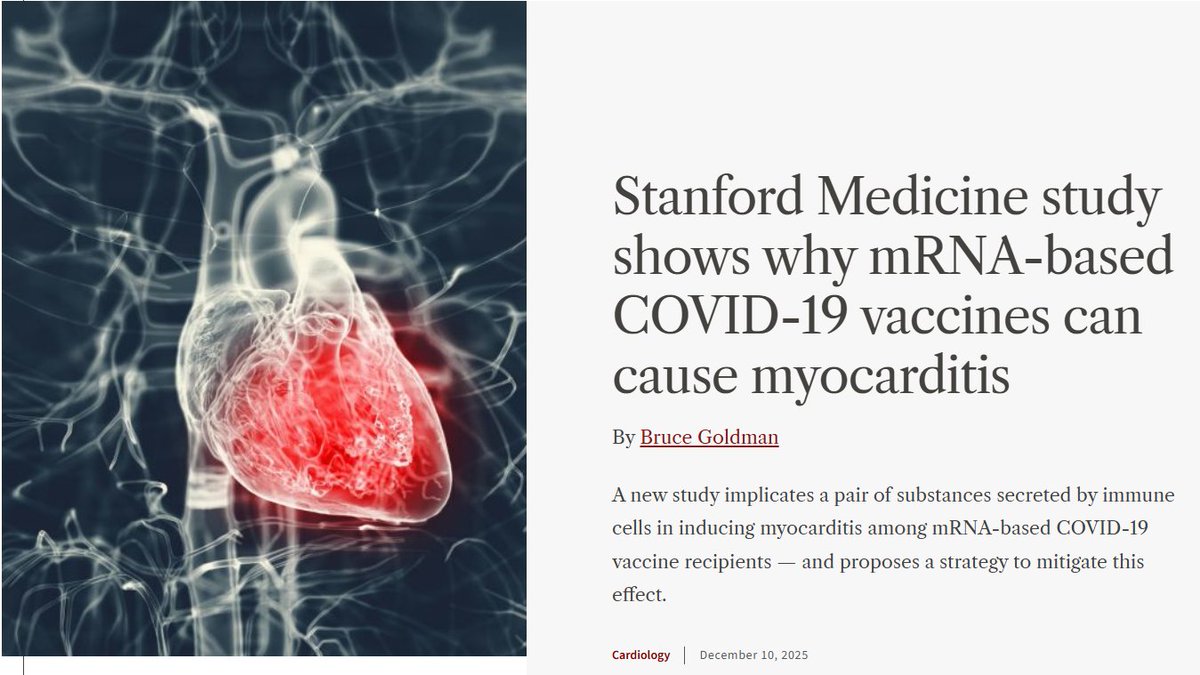1/ I was sent this paper. You know I have disregard it before because the filtering mechanic was really not significative for the type of airflow conditions imposed by masks. How wrong I was on not looking deeper.
https://twitter.com/spion/status/1358093321927856129
2/ I have been told by @Kevin_McKernan that you always have to look for "Where is Waldo?" in this type of studies. The first interesting fact comes from Table 1. Each experiment has different experimental setups, that is good enough to disqualify in my book.
3/ But then I skipped to Table 4. Mind you, almost none were statistically significative. But remember Table 1. So you see a correlation there?
4/ I was laughing at it, but then I showed it to my wife. She immediately said all those are not significative. However, the ones that shows higher viral load on the lungs are the masked ones. If this would be a human, that's a marker of worse the prognosis. Ouch.
5/ So lets recap. Experiment is awfully designed. Conclusions overstated. And their only significative segment on table 4 actually suggest that the mask tradeoff is less cases (delayed infection) but with worse viral load at the lungs which incidentally is what kills you.
6/ Let me decode Table 4 so you understand what you are looking at. Technical papers can be quite intimidating for those that are not used to analyze them. My comments in red. 

• • •
Missing some Tweet in this thread? You can try to
force a refresh





